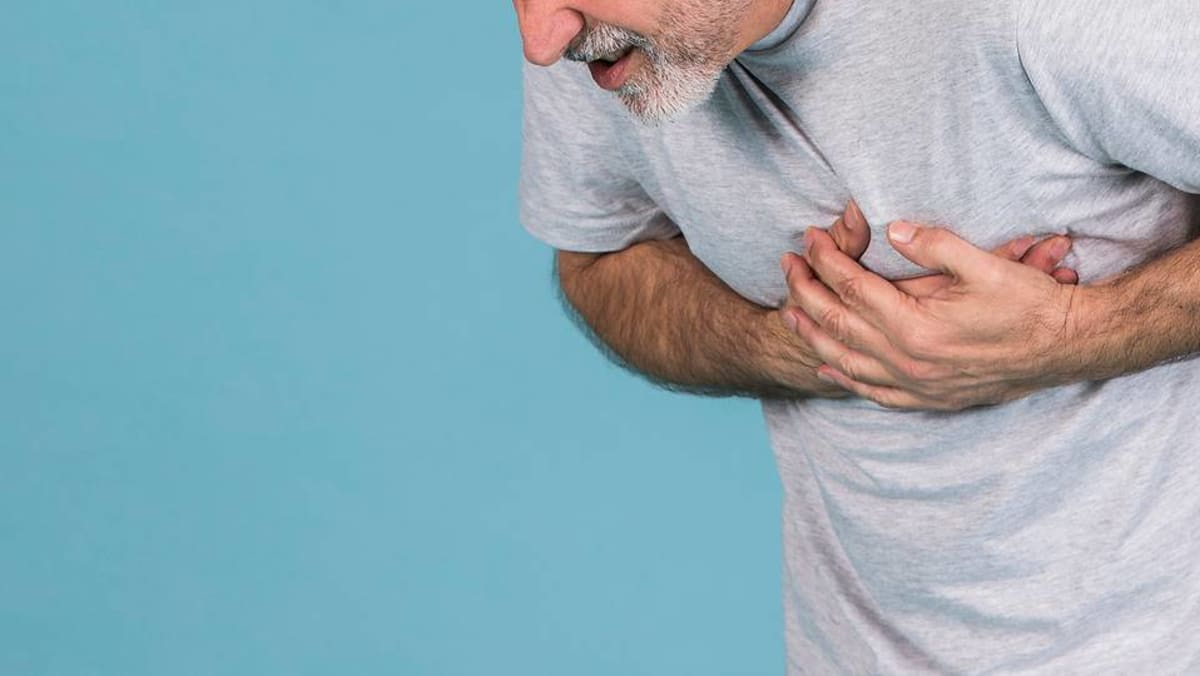
FITNESS AND HEALTH ARE NOT THE SAME THING
Led by Professor Roger Foo and his team behind the Cardiovascular-Metabolic Disease Translational Research Programme, the project received a S$25 million grant at the launch.
The team is “looking under the iceberg” for people who may look very well on the surface, said Prof Foo.
“But actually, once you start screening them deeply, they start to reveal all kinds of early signs of disease,” he said, adding that they will be studied from “many different angles”.
Some people who are living healthy lifestyles today may be lulled into thinking that they are completely healthy, he said.
“We have become very aware that fitness and health are not the same thing,” said Prof Foo, who is also senior consultant at the National University Heart Centre.
For instance, in studying marathon runners, the team found that while these athletes clock in very quick timings, “their arteries and the liver and the metabolism may not be what you expect”, he said.
The participants will be looking to enroll those with moderate risk of heart disease and strong family histories of issues like high cholesterol and hypertension, he said.
“We will then want to try and understand what it is we need to take more notice of, how we can figure out which people have more risk than others, which aspect we need to pay more attention to and then beyond that, the lessons learned from it would be how we want to treat our patients in the future.”
He added that when the findings come out at the end of the five-year research, primary care physicians will know what tests to do to pick out patients with potential heart disease better.
USE OF TECHNOLOGY
The study will use new technology like a virtual reality glove that will allow participants to hold their heart and feel how stiff the muscles are.

